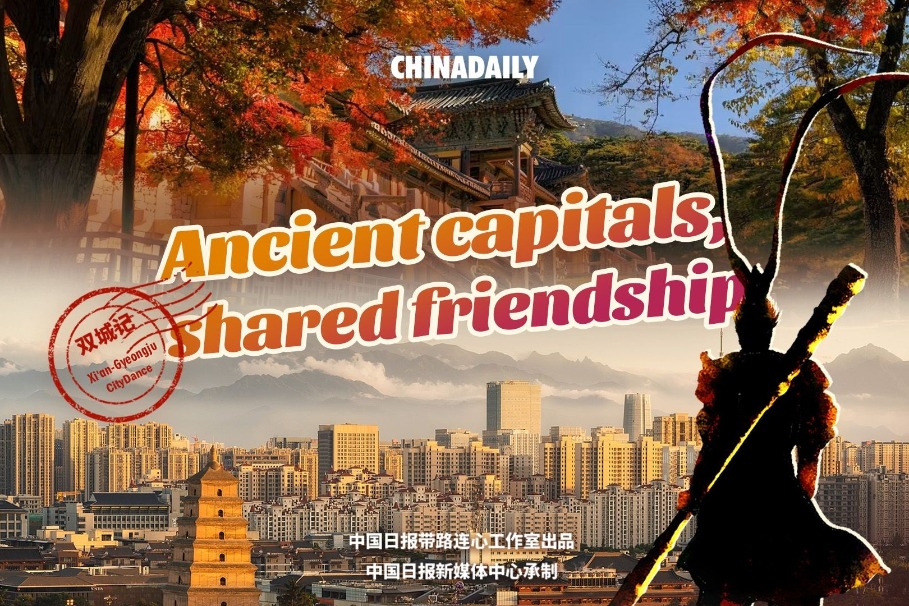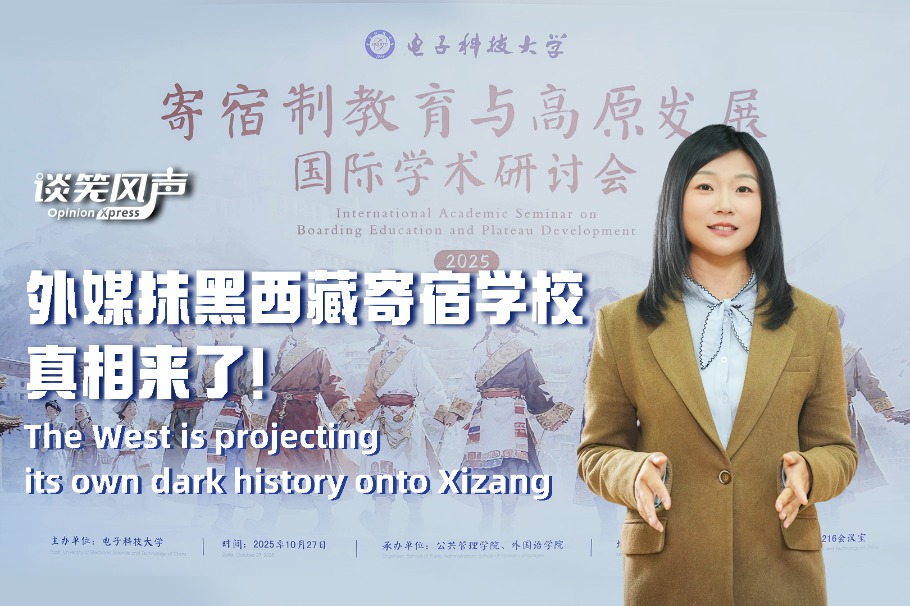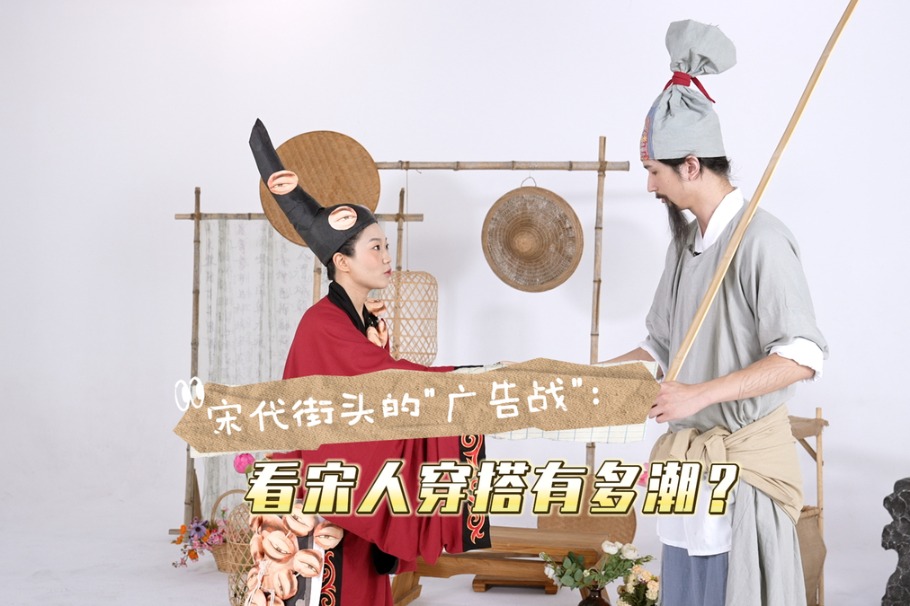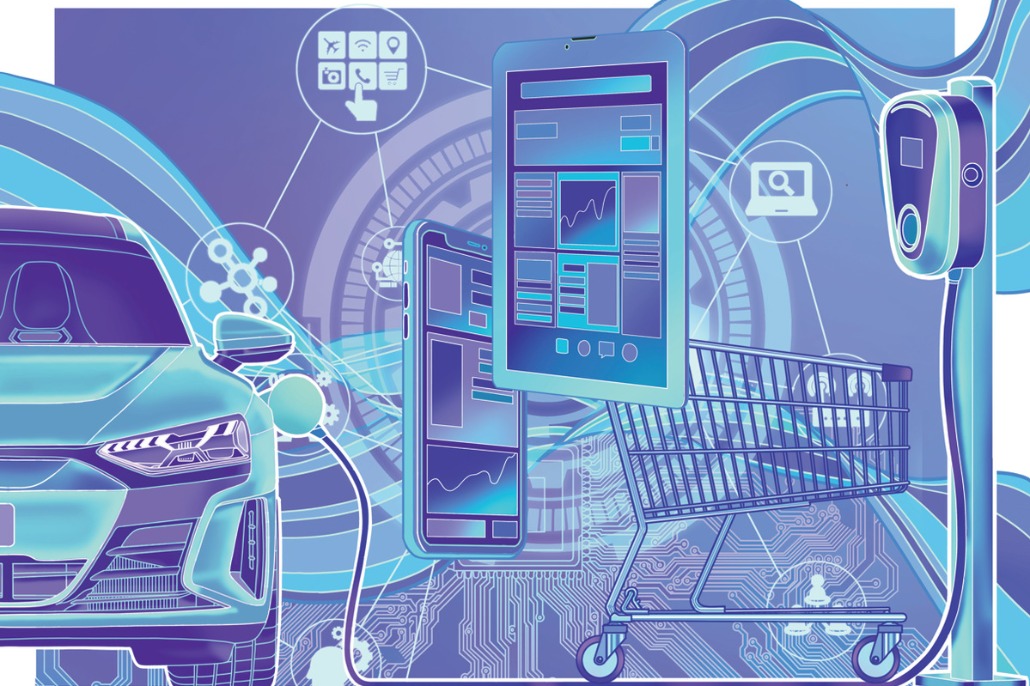Dialogue chance for EU to recalibrate policy: China Daily editorial

In a question raised in a regular news briefing of the Foreign Ministry on Tuesday, it was noted that delegations from the European Union and China are meeting in Brussels on Thursday for talks on rare earths.
This shows that despite their differences, China and the European Union are still willing to seek to forge a partnership through dialogue and consultation. The talks come shortly after Minister of Commerce Wang Wentao spoke with European Union Commissioner for Trade and Economic Security Maros Sefcovic via video last week. It is obvious that properly managing Sino-EU trade differences is in line with both sides' common interests.
But for the talks to yield meaningful results, it is imperative that they should be carried out based on openness, equality and mutual respect. Remarks such as those made by an EU trade spokesman on Monday claiming that China "needs to act as a responsible partner" do not contribute to creating a conducive atmosphere for constructive talks. Such finger-pointing will not help build trust.
Those in Europe who tend to always blame China for the frictions in bilateral economic and trade relations are doing nothing but letting political expediency hold sway over the complexities of Sino-EU economic relations. This has put obstacles in the way of cooperation.
For example, they expect China to increase imports of European goods and services, broaden market access for European companies, and collaborate with the EU on green energy projects. Yet simultaneously, they seek to align with the United States by imposing tariffs and restrictions on Chinese-made electric cars and green products, citing "dumping" and "security" concerns. In a similar vein, despite the justified nature of China's recent rare earth export control measures, those politicians still try to portray the move as a "threat". Ironically, when the EU suffers from the US' economic coercion and trade bullying, these EU politicians are as mute as fish.
China's rare earths measures have not been introduced with harmful intent. They are part of a broader strategy to transform and upgrade China's rare earth sector so that it follows global green development trends and ensures the stability of the rare earth supply chains and the country's compliance with its international nonproliferation obligations.
China has introduced these regulatory changes with full transparency, engaging in dialogue with its trading partners. It has even established a channel to facilitate European companies' application for access to rare earths. This commitment to communication and cooperation is evident in the fact that many EU companies have obtained export licenses through this channel.
The recent rhetoric from some European politicians, influenced by external actors, makes a mountain out of a molehill. The narrative of a "rare earth crisis" is more a reflection of cognitive biases and political expediency than of factual reality.
There are no fundamental conflicts of interest between China and the EU. China always views the bloc as a major global player and a strategic partner. The real challenge lies in whether the EU can uphold its strategic autonomy in dealing with China-related issues.
As the EU considers wielding its "anti-coercion instrument", it is crucial to question whether such measures truly reflect the interests of European businesses that benefit from stable trade relations with China. The focus should be on finding solutions that maintain the stability of the industry and supply chains, rather than resorting to rash moves.
The 50-year relationship between China and the EU is founded on cooperation and mutual benefit. Both sides have much to gain from focusing on shared goals and addressing differences through dialogue. It is thus essential that the upcoming talks are open and constructive.
Both champions of free trade, green development and multilateral global governance, China and the EU have a broad space for coordination and cooperation. Hopefully, the EU will develop an objective and rational understanding of China's measures, and work together with China not only for their common interests but also those of the world.

































